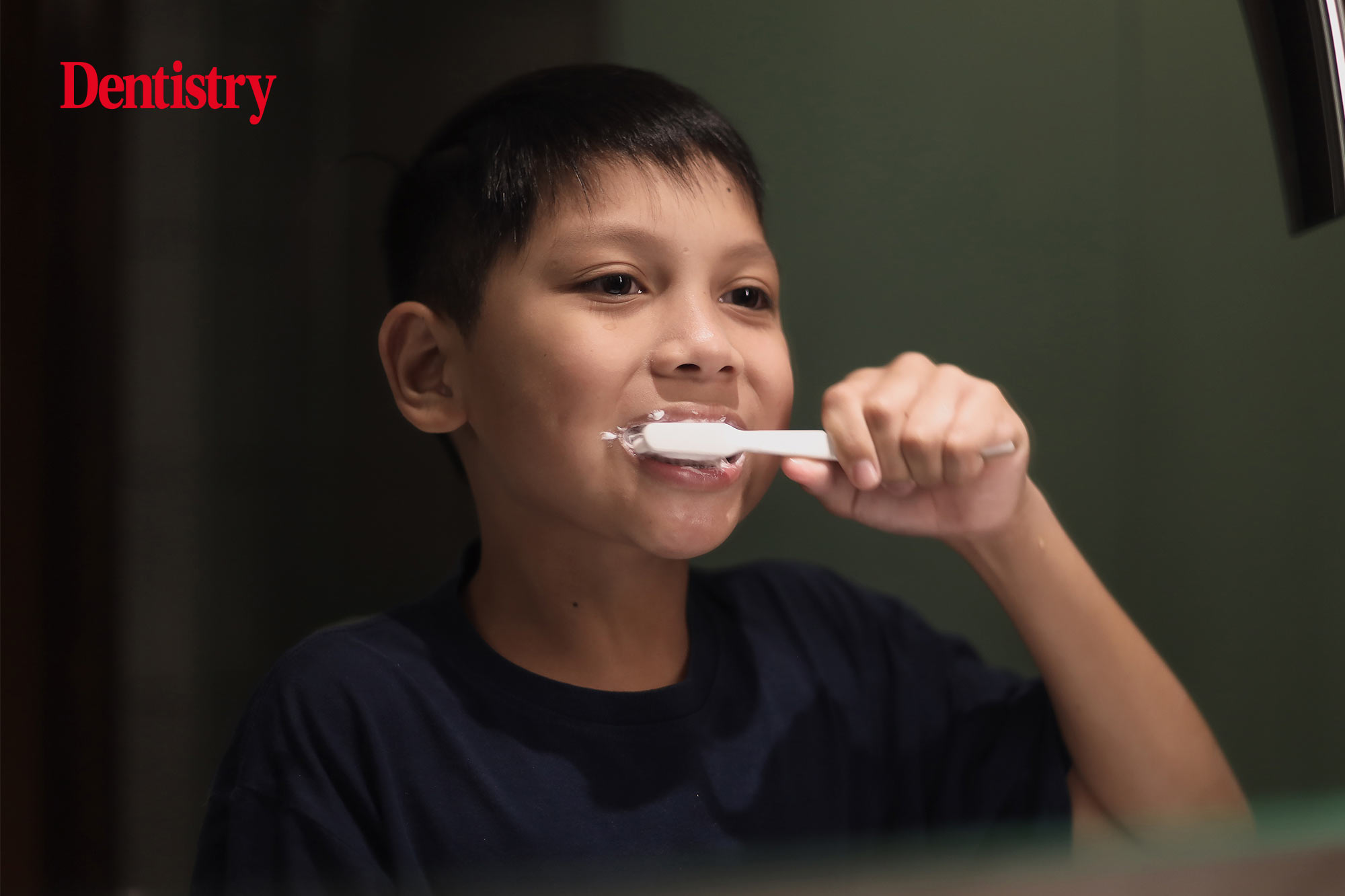
Brushing your teeth before going to bed at night is important when it comes to preventing cardiovascular disease.
This is according to a study published in Scientific Reports.
The researcher enrolled 1,675 patients all over the age of 20 who were hospitalised for surgery, examination or medical treatment.
Several cardiovascular events were considered in the study, which included CVD-related hospitalisation for heart failure, arrhythmia, myocardial infarction, angina pectoris, and valvular and aortic diseases requiring surgery.
The participants were categorised based on toothbrushing patterns:
- Group MN (brushing teeth after waking up and at night)
- Group Night (brushing teeth at night but not upon waking up)
- Group M (brushing teeth after waking up but not at night)
- Group None (not brushing teeth at all).
Dentistry’s top stories
- New government plans to boost number of dentists in England
- European dental qualifications will be recognised in UK for the next five years
- People seek dental treatment at Glastonbury due to access troubles at home
- NHS England release statement on GDC versus Williams
- Plastics in dentistry – oral health shouldn’t cost the Earth.
Increased risk
Based on blood samples obtained at hospital admission, all participants had similar C-reactive protein (CRP), hemoglobin, albumin, creatinine and HbA1c levels but different brain natriuretic peptide (BNP) levels. Groups MN and Night had significantly higher survival rates as compared to Group None.
All study participants had similar smoking statuses. However they had varying dental parameters. For example, group MN had the most participants with dental pocket depths exceeding eight millimeters (mm). As compared to groups Night and M, more patients in groups None and MN had a dental mobility index of three.
Breakfast and lunch have been shown to increase the risk of intraoral deposits that remain in the mouth throughout the day. As a result, these meals increase the risk of dental caries and other periodontal diseases, which suggests that brushing only in the morning after waking up is insufficient and leads to poor oral hygiene.
The findings suggested that only brushing in the morning after waking up is inadequate. Brushing at night is good to maintain good health. These implications are consistent with the theory that the intraoral bacterial load increases during sleep at night due to reduced salivary flow.
Follow Dentistry.co.uk on Instagram to keep up with all the latest dental news and trends.


